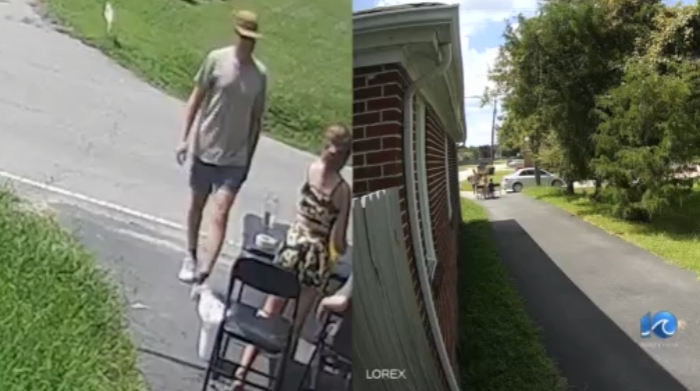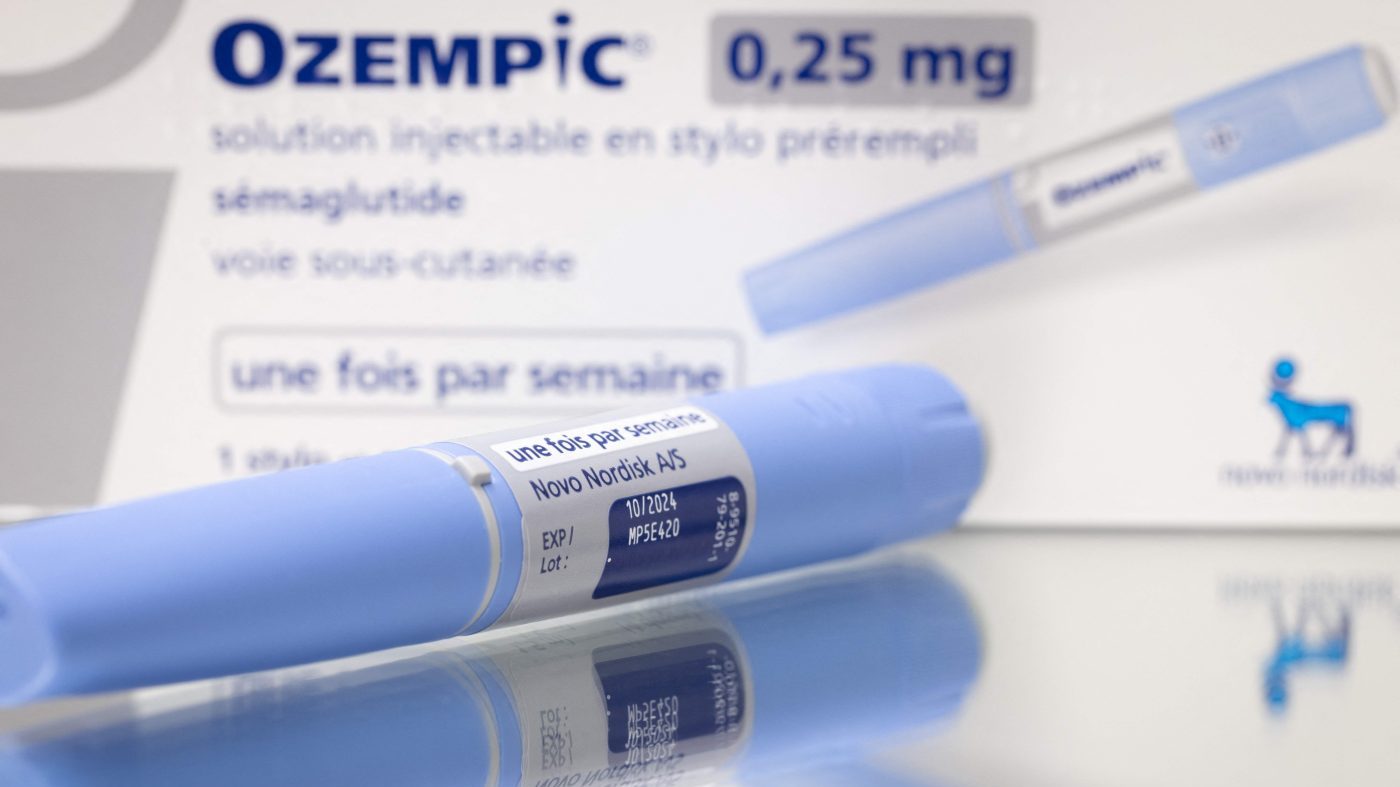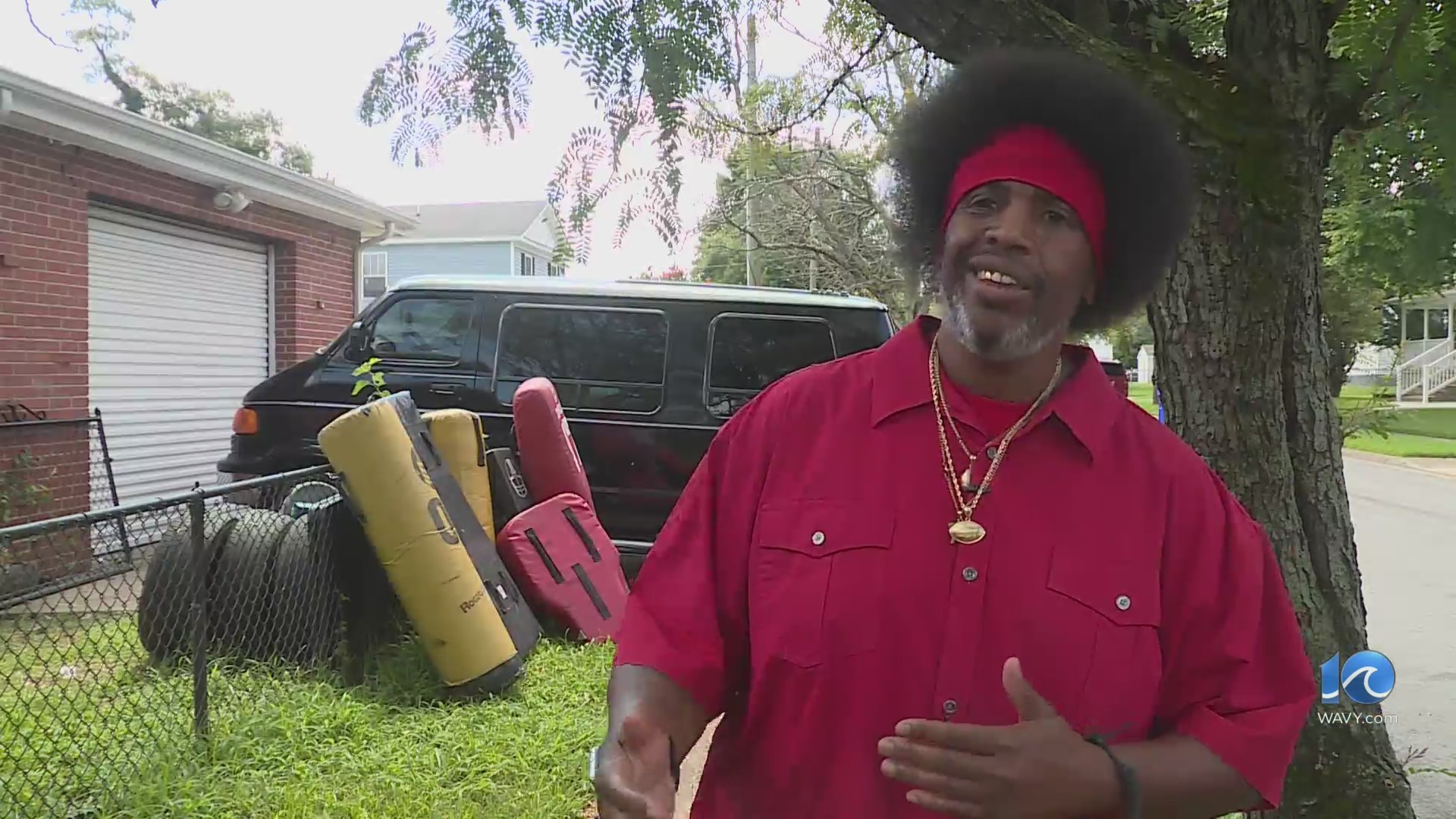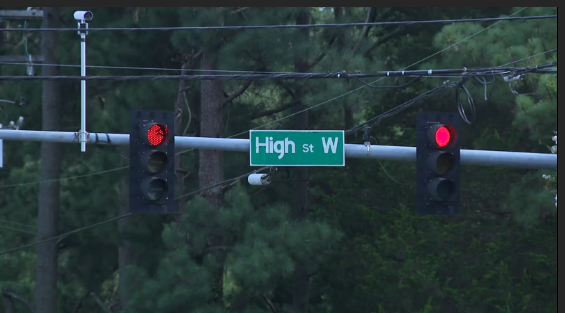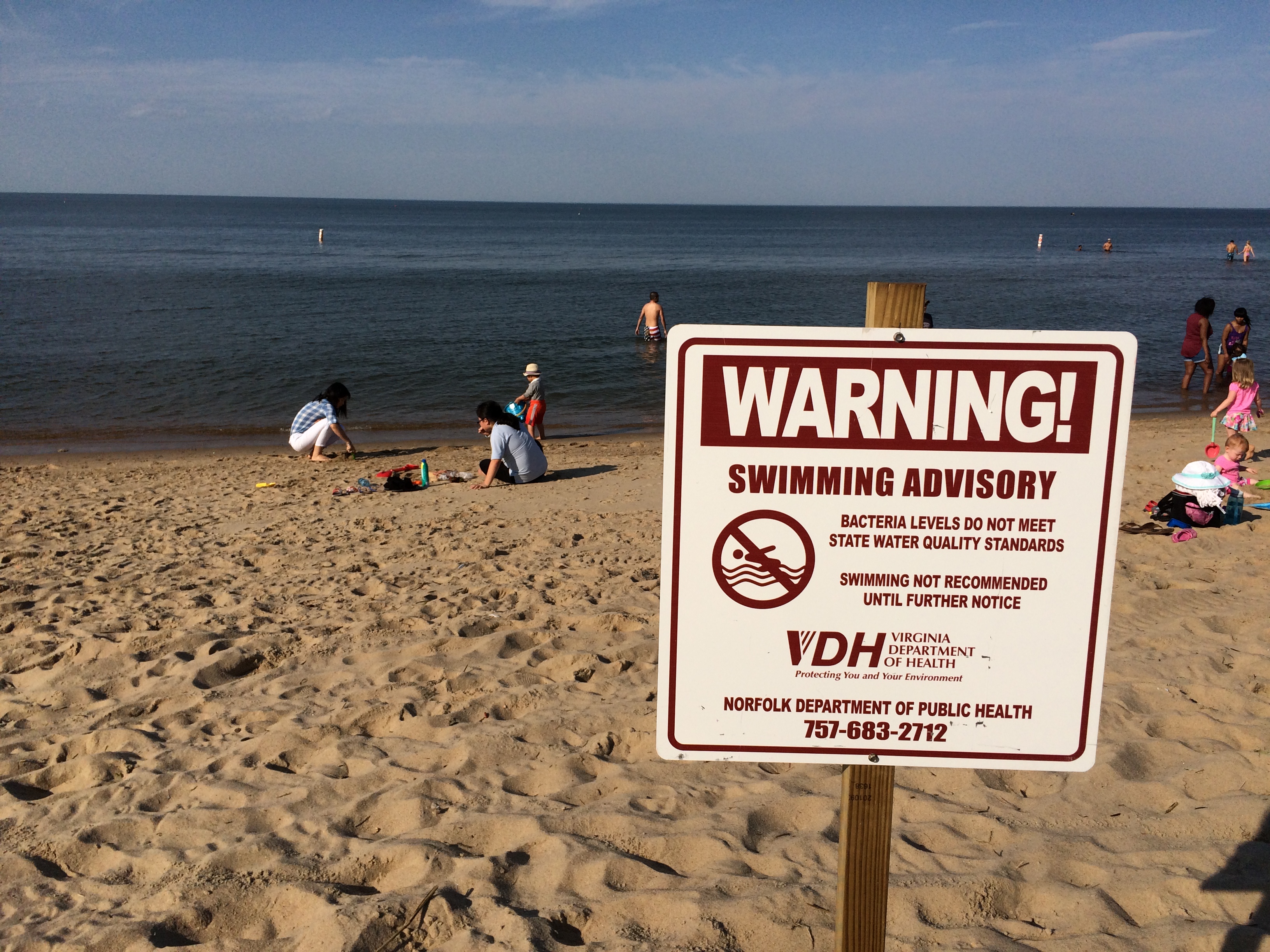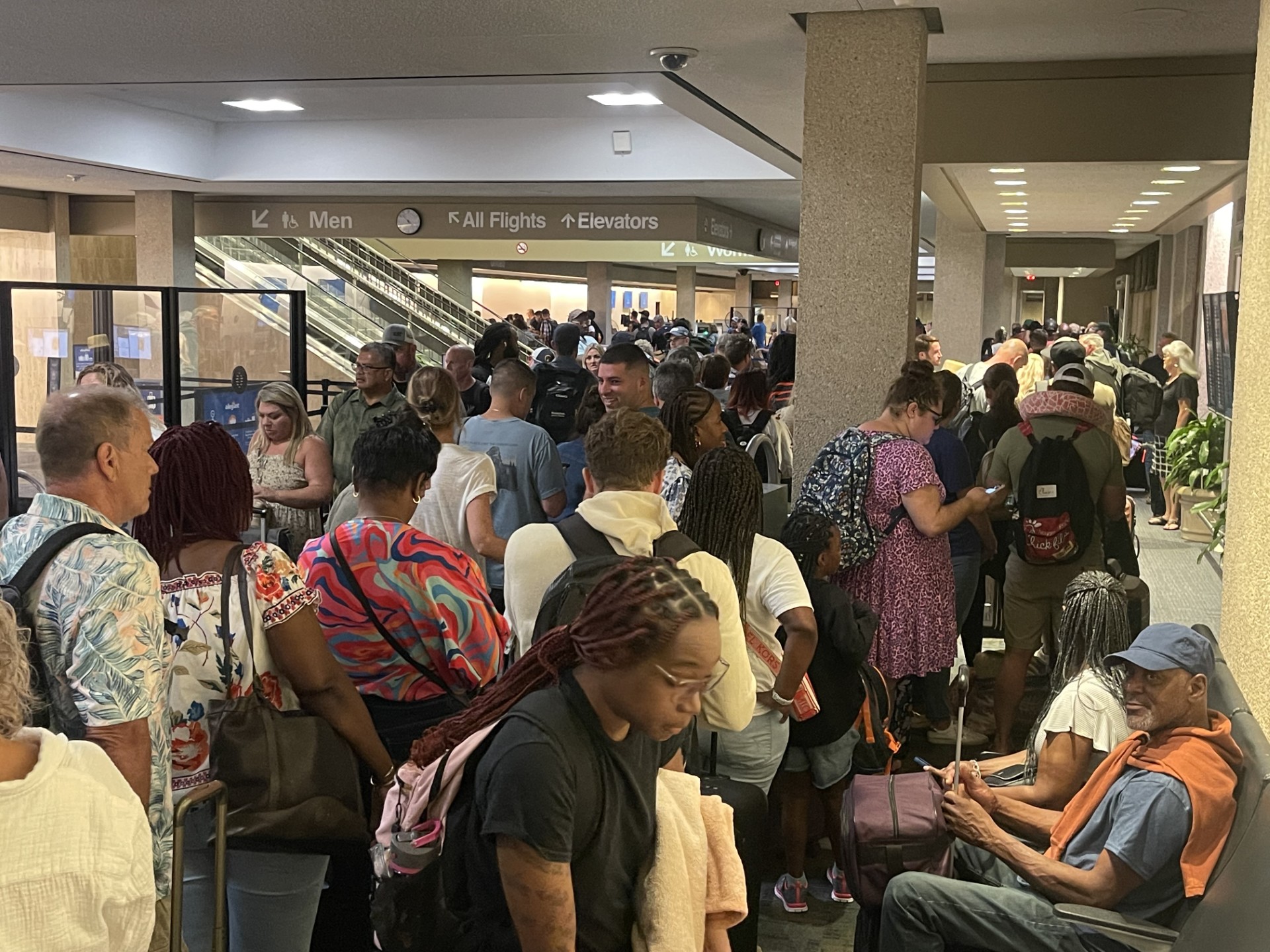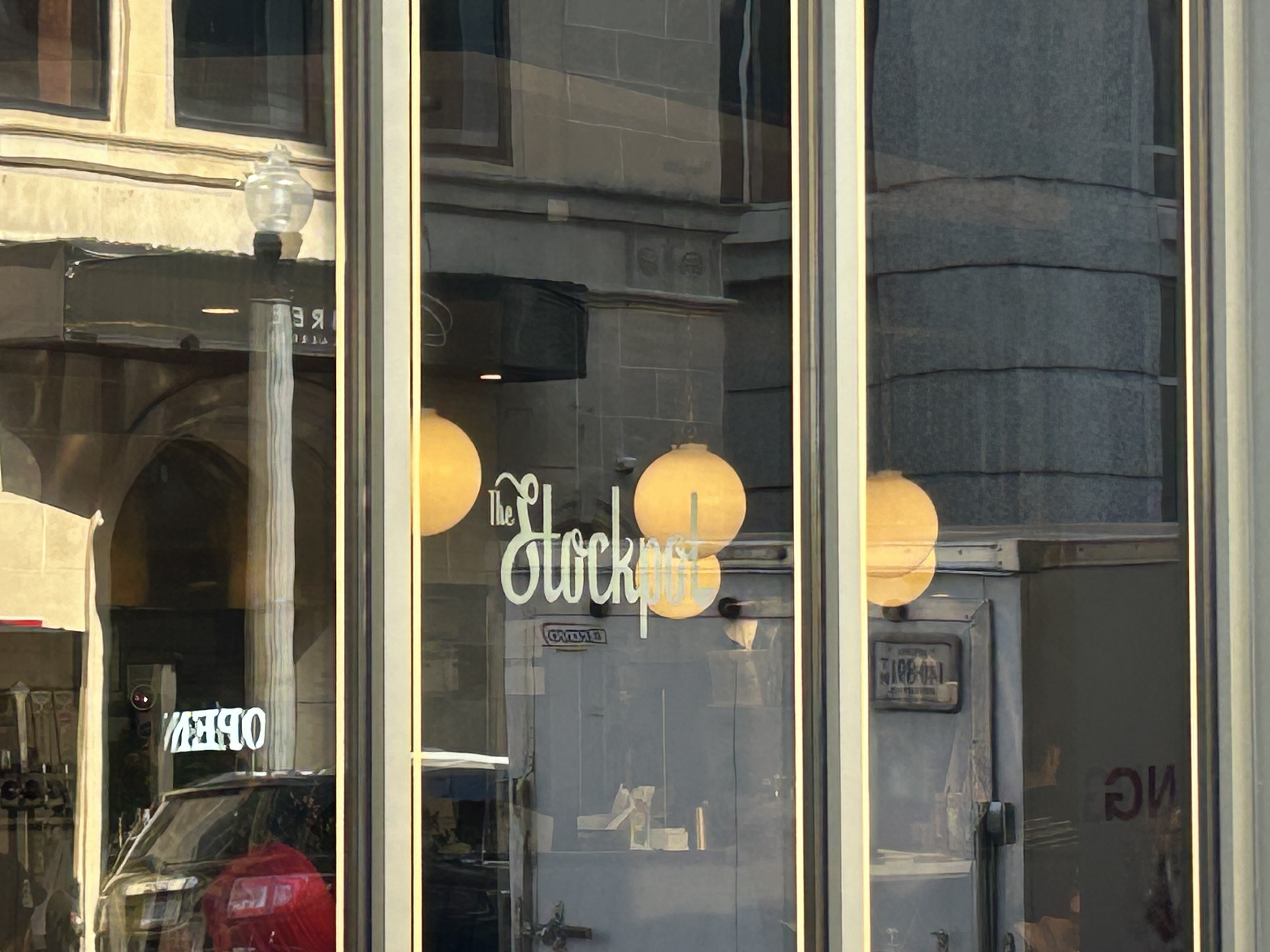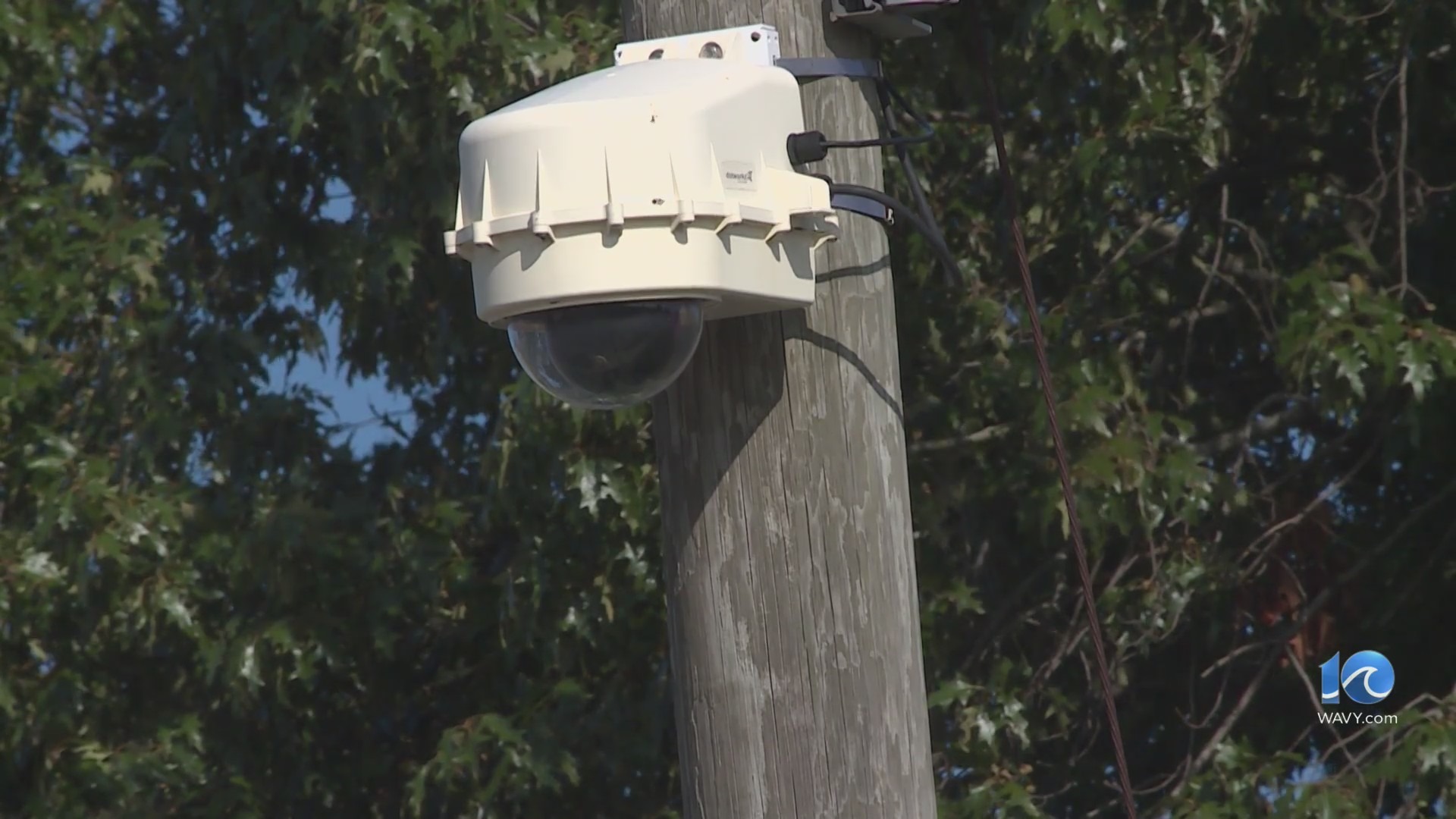ST. LOUIS (AP) — Republican Missouri Gov. Mike Parson on Friday named Gabe Gore, a former assistant U.S. attorney, as the new chief prosecutor in St. Louis, three days after Circuit Attorney Kim Gardner’s sudden departure.
Gore is a partner in the St. Louis law firm Dowd Bennett, served on the Ferguson Commission formed to examine the region’s policing and courts after the fatal police shooting of Michael Brown in 2014, and previously worked in the U.S. Attorney’s Office in St. Louis. Black clergy and others had urged Parson to appoint a Black person to the role, and Gore is Black.
Parson and Gore were joined at the announcement by Democratic Mayor Tishaura Jones, Police Chief Robert Tracy and others. He said there was a “unified front” behind the new appointment, which runs through 2024. Gore said he hasn’t decided if he will run for election to the office in the August 2024 Democratic primary.
“We must return stability and the rule of law to this office,” Parson said.
Gore said he comes into the office with two priorities: Building back the depleted staff that has seen massive turnover of assistant prosecutors in recent months, often forcing delays in court hearings; and building relationships with the community, police and others.
“My sole focus right now is to build a high-performing circuit attorney’s office,” Gore said.
Gardner, 47, had been the subject of an ouster effort by Republican Missouri Attorney General Andrew Bailey, who was at the news conference but did not speak. Simultaneously, GOP-led state lawmakers were considering a bill allowing Parson to appoint a special prosecutor to handle violent crimes, effectively removing the bulk of Gardner’s responsibilities. She also faced possible contempt of court after her office failed to have an attorney present for the start of a trial.
Gardner announced on May 4 that she would resign effective June 1. Then unexpectedly on Tuesday, she announced her resignation was effective immediately.
The announcement created some uncertainty as to who was in charge of prosecuting the hundreds of criminal cases pending in St. Louis. Gardner’s office said St. Louis County Prosecuting Attorney Wesley Bell would take over, but Parson clarified later Tuesday that his general counsel would run the office with help from assistant attorneys general until he picked a permanent replacement.
Gardner, a Democrat, became St. Louis’ first Black circuit attorney after her election in 2016. She easily won reelection in 2020.
She was part of a movement of progressive prosecutors who sought diversion to mental health treatment or drug abuse treatment for low-level crimes, pledged to hold police more accountable and proactively sought to free inmates who were wrongfully convicted.
She butted heads with police and conservatives from the outset. In 2018, her office charged then-Gov. Eric Greitens, who at the time was seen as a rising star in GOP politics, with felony invasion of privacy, accusing him of taking a compromising photo of a woman during an affair. The charge was eventually dropped, and Greitens resigned in June 2018.
The Greitens case drew scrutiny that led to the conviction of Gardner’s investigator. Gardner received a written reprimand for failing to produce documents and mistakenly maintaining that all documents had been provided to Greitens’ lawyers.
Much of that scrutiny followed complaints by Greitens’ attorneys — who worked for the same Dowd Bennett firm where Gore has been a partner. The Rev. Darryl Gray, a leading Black activist in St. Louis, found that connection troubling.
“Not only have they destroyed her (Gardner), but they’ve replaced her with one of their own,” Gray said. “Gore is going to have to overcome that. He’s going to have to meet with community leadership. He’s going to have to reach out and tell us how he sees justice.”
In 2019, Gardner announced an “exclusion list” of city police officers prohibited from bringing cases to her office. The nearly 60 officers were accused of posting racist and anti-Muslim comments on social media.
A series of events this year culminated with her departure.
Bailey filed a lawsuit in February seeking Gardner’s ouster on three grounds: failure to prosecute existing cases; failure to file charges in cases brought by police; and failure to confer with and inform victims and their families about the status of cases.
Gardner said Bailey’s attack on her was politically and racially motivated.
A pivotal turning point came in February after 17-year-old Janae Edmondson, a volleyball standout from Tennessee, was struck by a speeding car after a tournament game in downtown St. Louis. She lost both legs.
The driver, 21-year-old Daniel Riley, was out on bond on a robbery charge despite nearly 100 bond violations including letting his GPS monitor die and breaking the terms of his house arrest. Critics questioned why Riley was free despite so many bond violations. Even Mayor Jones, also a Democrat, questioned if Gardner should remain in office.
This year also saw one of Gardner’s biggest victories.
In February, she convinced a judge to set aside the murder conviction of Lamar Johnson, who spent nearly three decades in prison. Johnson was convicted largely on the testimony of an eyewitness who later alleged he had been coerced into his statements.
Last week, Gardner filed a motion seeking a hearing to vacate the sentence of another longtime inmate, Christopher Dunn, who has spent 33 years in prison for a murder that Gardner believes he didn’t commit.





































